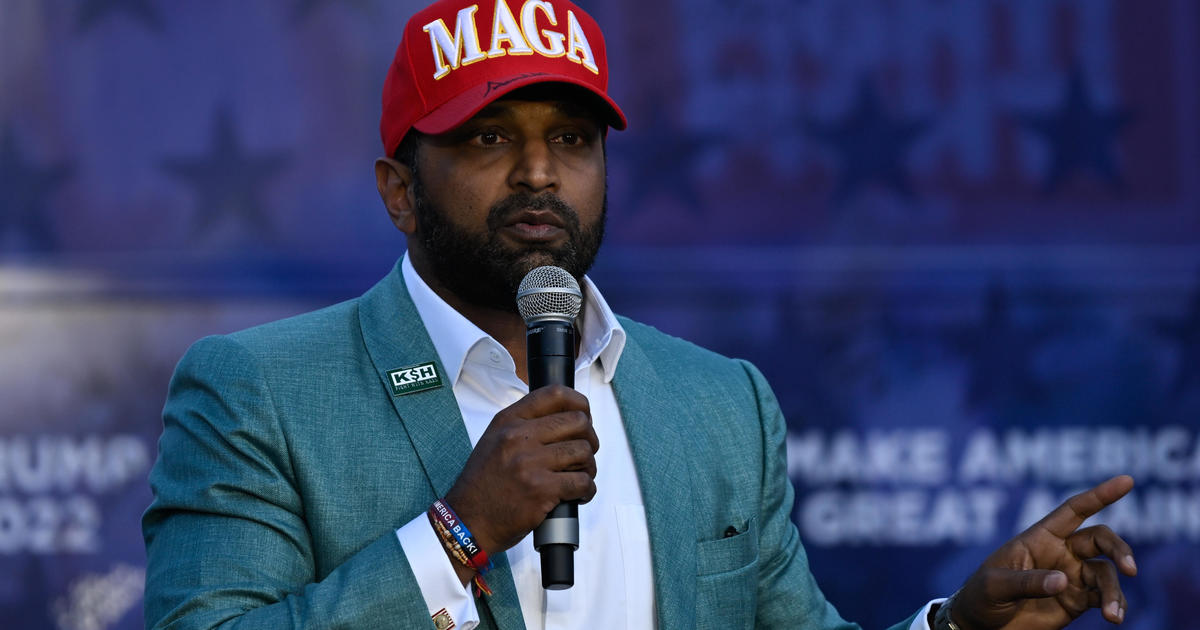President-elect Donald Trump’s announcement on Saturday that he intends to nominate Kash Patel as FBI director has sparked controversy and outrage in Washington. Patel, a 44-year-old who served in intelligence and defense roles in Trump’s first term, is a divisive figure even within Trump’s inner circle. Some former Trump officials have expressed concerns about Patel, with one former U.S. official describing him as “by far the most dangerous pick” Trump has made.
John Bolton, who served as national security adviser in Trump’s first term and was Patel’s boss, compared the nomination to Joseph Stalin’s secret police chief. Bolton urged the Senate to reject Patel’s nomination, calling him unfit for the role. In response, Vice President-elect JD Vance defended Patel on social media, dismissing Bolton’s criticism.
One of the main concerns surrounding Patel’s nomination is the fact that current FBI director Christopher Wray’s term is not set to end until 2027. For Patel to assume the position, Wray would have to resign or be fired by Trump, and Patel would need to be confirmed by the Senate. With Republicans holding a 53-47 majority in the Senate come January, the confirmation process is expected to be contentious.
Despite the backlash, Trump has praised Patel as a “brilliant lawyer, investigator, and ‘America First’ fighter” who has dedicated his career to exposing corruption and defending justice. Supporters like Sen. Ted Cruz have expressed confidence in Patel’s abilities and believe he will be approved by the Senate. Cruz emphasized the need for reform within the FBI and suggested that Patel could bring much-needed change to the agency.
On the other hand, Democrats have been highly critical of Patel’s nomination. Sen. Chris Murphy expressed concerns that Patel may prioritize protecting Republicans over upholding the rule of law. Murphy vowed to oppose Patel’s confirmation and raise awareness about the implications of appointing him as FBI director. He accused Trump of attempting to politicize the Department of Justice and use it as a tool to target his political opponents.
As Patel’s nomination faces scrutiny, other controversial picks for top posts in the Trump administration have encountered challenges in the Senate confirmation process. Former Rep. Matt Gaetz recently withdrew his name from consideration amid allegations and opposition from Senate lawmakers. Sen. Dick Durbin, the current majority whip, condemned Trump’s decision to nominate Patel, calling it an attempt to weaponize the FBI for political purposes.
The debate over Patel’s nomination highlights the deep divisions within the political landscape and the challenges facing the incoming administration. With the Senate confirmation process looming, both supporters and critics of Patel are gearing up for a contentious battle over his suitability to lead the FBI. The outcome of this confirmation process will have far-reaching implications for the future of the FBI and its role in upholding the rule of law.









